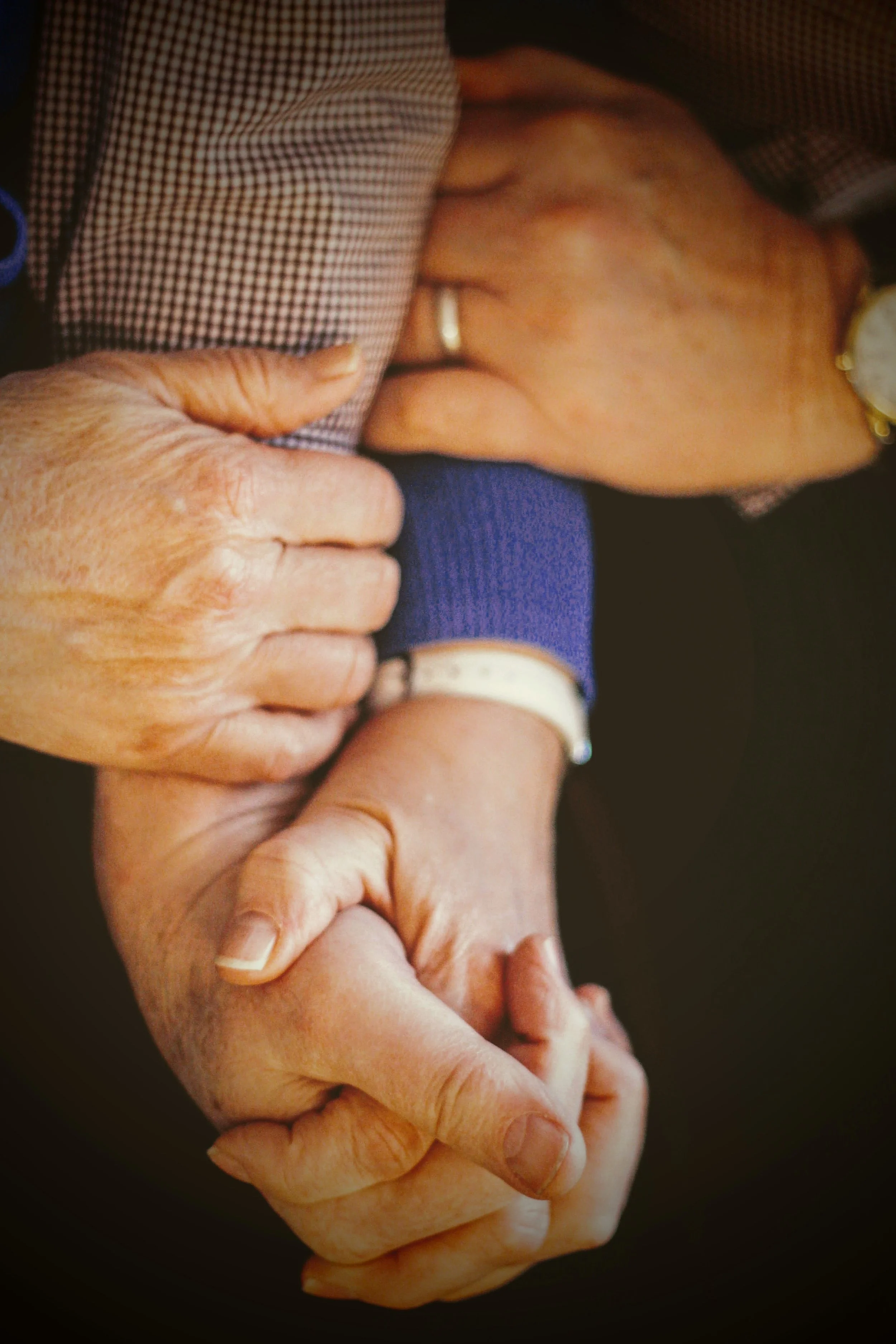Living with Dementia?
Monthly Meeting: February 25 at 7:00 p.m.
Please feel free to invite family and friends. All are welcome.
Welcome, one and all. We are delighted you are joining us for this important discussion for both caregivers and those for whom we care.
January 2026:
During our time together, we reviewed past topics of discussion to not only see what future topics the group might be interested in but to also see what past topics could be revisited.
Music: Osgoode Caregivers, Bad To The Bone (https://www.youtube.com/watch?v=rNUyv4GLNkA)
Tip of the Month: A By-Us-For-Us Guide Memory Work Out (https://the-ria.ca/wp-content/uploads/2018/11/BUFU_Memory_Workout_eversion.pdf)
Education Resource: Support the spiritual side (https://the-ria.ca/wp-content/uploads/2025/04/Nurturing-Spirituality-with-People-Living-with-Dementia_20251218_Accessible.pdf)
Future Topics:
· Home Help
· Listening
· Journalling for Caregivers
· Field Trip to the Dementia Society to try out games and toys
· Appropriate Responses
We are anxious to serve your needs and would love to hear from you. Please contact Pauline Schneider (gas@swcp.com), Jeanie Hicks (jh1948@hotmail.com) or Laura McGregor (ljm90star@gmail.com) for further information or to be added to our invitation list. We look forward to seeing you on the 25th.
Additional Information and Resources
We are anxious to serve your needs and would love to hear from you. Please contact Pauline Schneider (gas@swcp.com), Jeanie Hicks (jh1948@hotmail.com) or Laura McGregor (ljm90star@gmail.com) for further information or to be added to our invitation list. We look forward to seeing you on the 28th.

